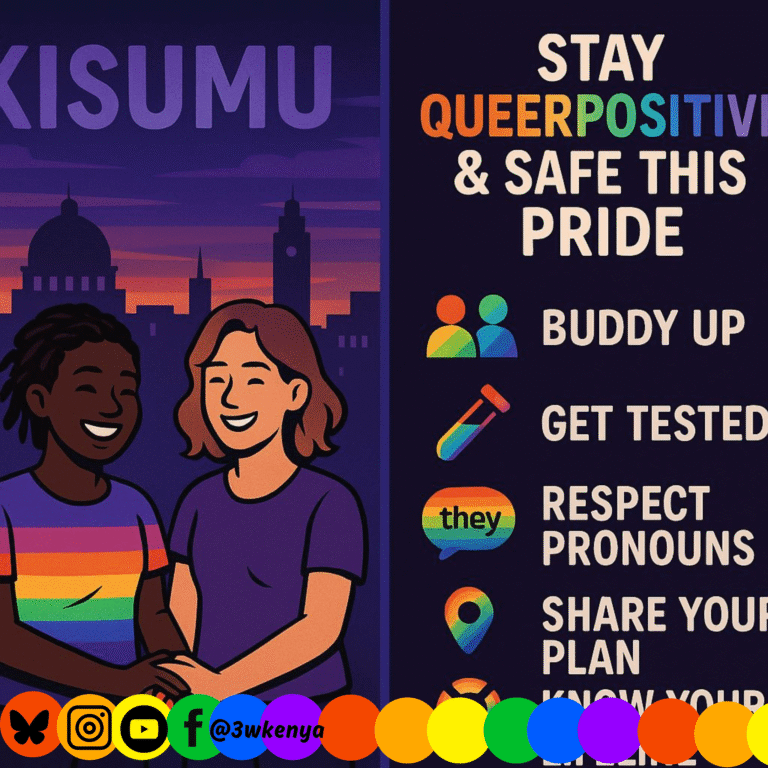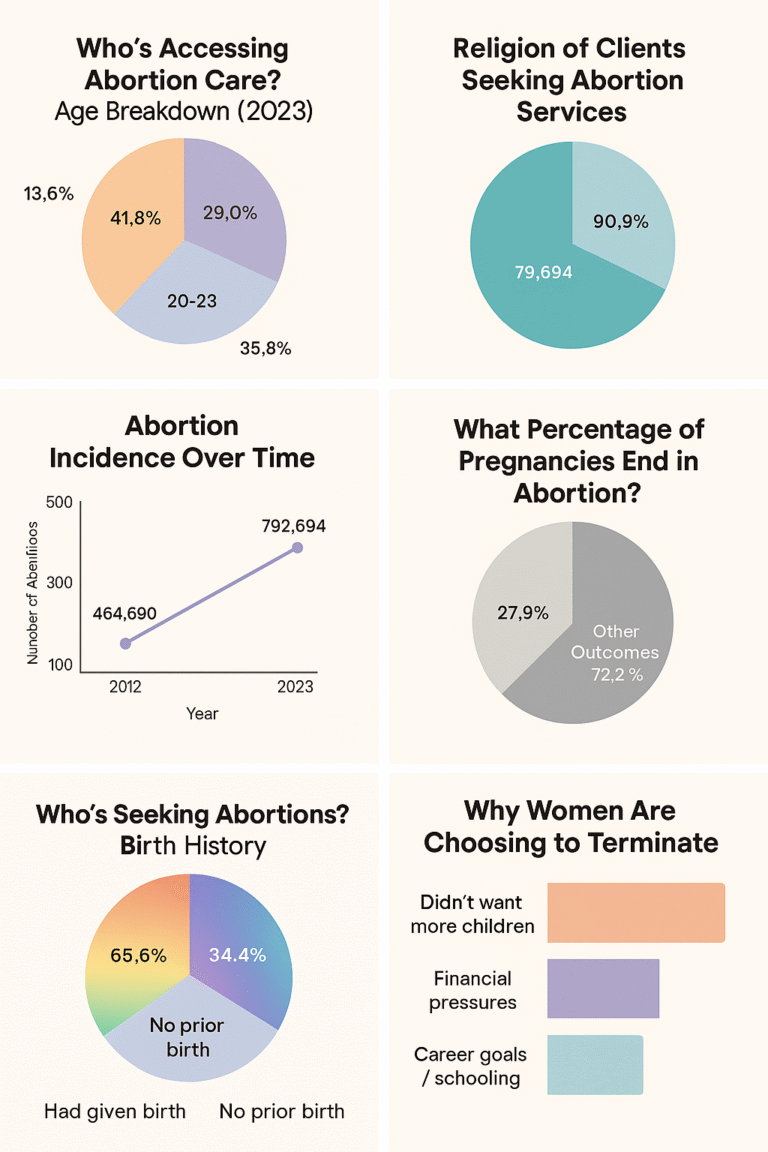LGBTQ+ and Elections
International human rights standards recognize the right of all citizens to participate in public life without discrimination, regardless their sexual orientation and gender identity. In spite of this, Lesbian, Gay, Bisexual, Transgender and Queer (LGBTQ) people around the world often face numerous barriers that restrict the full exercise of our rights, including our political rights.
Discriminatory laws and practices, violence, lack of information, and social prejudice and stereotypes often hinder LGBTQ persons from participating in elections and democracy. In a wider context, UNDP’s 2018 report “Sexual and Gender Minorities and the Sustainable Development Goals” gives account of the complex landscape of social and political exclusion of sexual and gender minorities, analyzing existing obstacles to our political participation, including “familial and social disapproval, threats of violence, challenges in finding and maintaining employment, poor access to health services, bullying and other ostracization in schools, challenges finding secure and private housing and challenges in establishing and building relationships and a network of supportive friends.”
Criminalization of same-sex consensual relationships is a major obstacle for LGBTQ persons. At least 75 countries have laws that criminalize private and consensual same-sex relationships, and at least in five countries conviction may lead to death penalty. Furthermore, criminalization tends to feed homophobic and transphobic violence and discrimination. In hostile environments, human rights of LGBTI persons are often jeopardized and they can hardly take part in the electoral process.
Transgender people usually face specific barriers when exercising their right to vote in practice. Voter registration and identification seem to be two particular areas of concern for this group, because their actual gender identity does not always match the one in their official identity documents. In some countries, EMBs have adopted special procedures to promote their participation, paying particular attention to the voter registration process and their identification during Election Day. We are appealing to the government, political parties and election bodies to ensure safe spaces for community members to vote
The constitution explicitly guarantees equal human rights for everyone, including civil, political and electoral rights. The constitution of Kenya Article 38 states:
(1) Every citizen is free to make political choices…
(2) Every citizen has the right to free, fair and regular elections based on universal suffrage and the free expression of the will of the electors…
(3) Every adult citizen has the right, without unreasonable restrictions:
(a) To be registered as a voter;
(b) To vote by secret ballot in any election or referendum…



